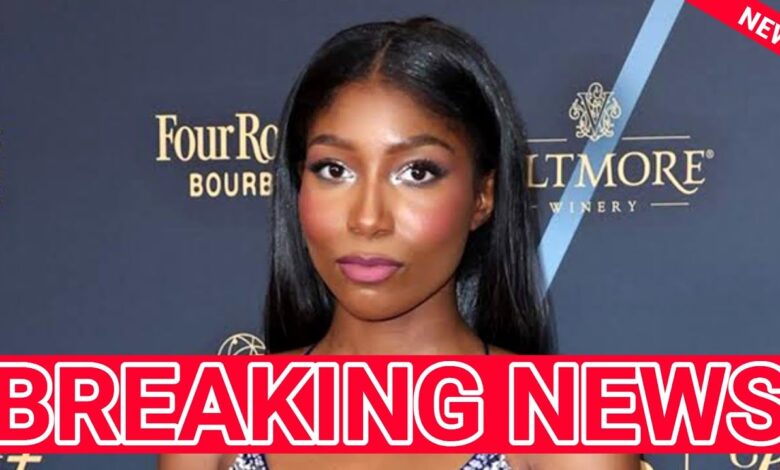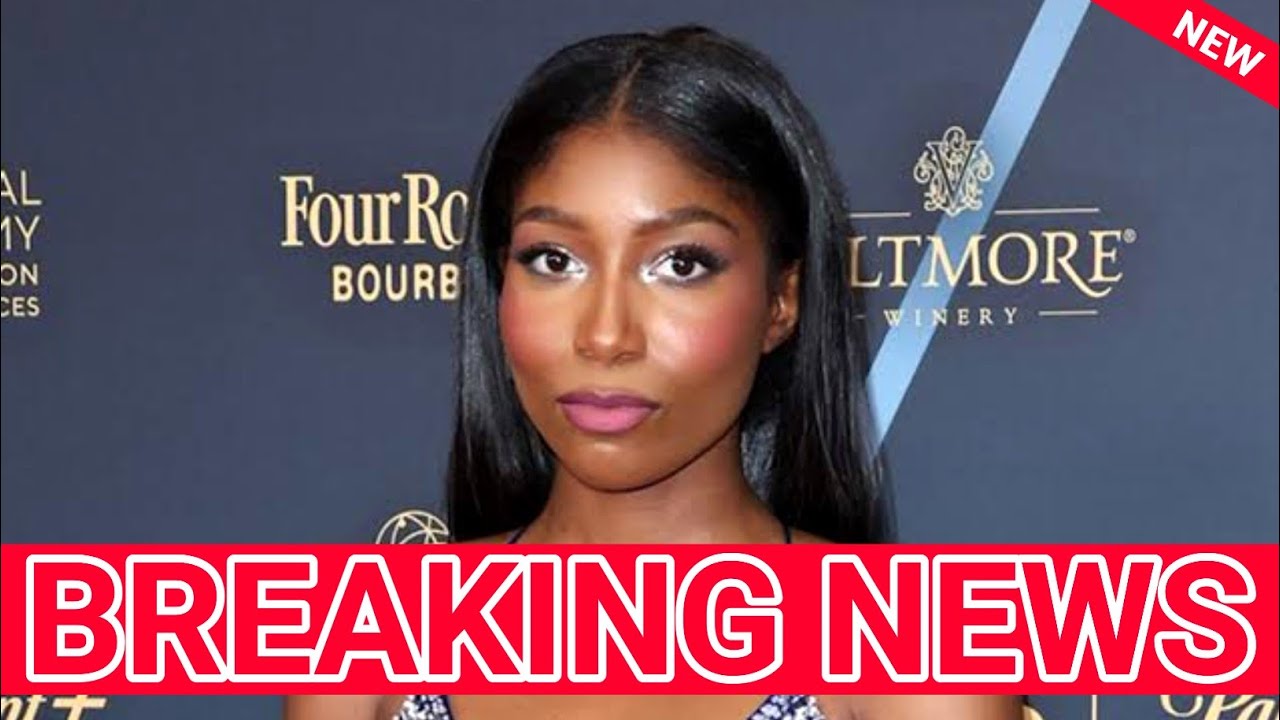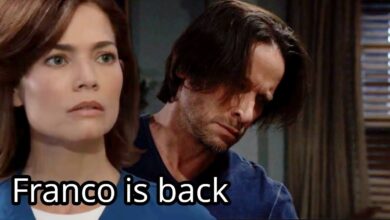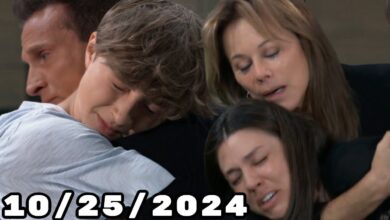Big Sad😭News !! General Hospital Tabyana Ali Drops !! Very Heartbreaking 😭 News ! It Will Shock You.

General Hospital, the long-running soap opera that has been a staple of daytime television for decades, is now at the center of a controversy over its handling of diversity. Fans of the show have recently taken to social media, urging advertisers to reconsider their support for the program due to concerns about representation and inclusion. This development has sparked a broader discussion about the show’s commitment to diversity and the potential consequences of a boycott.

The Controversy Unfolds
The catalyst for the current controversy was the racially motivated harassment directed at Tabyana Ali, one of the leading actresses on General Hospital. Ali, who plays a prominent role on the show, faced a significant amount of negative and racially charged commentary on social media. In response to this, the soap opera’s producers issued a statement reaffirming their stance against racism and bigotry. They emphasized that their show is meant to be inclusive and that “racism has no place in Port Charles”—the fictional setting of the series.
Despite this declaration, many fans and critics feel that General Hospital has not adequately addressed issues of diversity and representation within the show itself. The frustration is compounded by recent developments on the show that seem to highlight a lack of follow-through on its diversity promises.
The Call for Boycott
In the wake of these events, some viewers have called for a boycott of the show’s advertisers. The argument is that the show has been decreasing the airtime for Black contract actors and AAPI cast members, which has led to dissatisfaction among fans who feel that the show’s commitment to diversity is not being reflected on-screen.
The growing discontent has led to a movement on social media, with tweets and posts suggesting that advertisers should pull their support from the show. This is seen as a form of protest intended to pressure the show into making tangible changes to its representation policies. The underlying message is that if advertisers withdraw their support, it would serve as a wake-up call for the producers to better prioritize diversity and inclusion.
Criticisms and Observations
Critics of the show argue that General Hospital could and should do better in its depiction of diversity. Specific issues include the underrepresentation of certain characters and storylines that have been perceived as disappointing. For example:
- Character Marginalization: Fans have expressed frustration over the sidelining of the character Trina, who has been moved to a less prominent role in recent storylines. This has been viewed as a sign that the show is not fully utilizing its diverse characters.
- Unresolved Plotlines: There is also discontent regarding the lack of follow-through on various storylines involving diverse characters. For instance, the show has been criticized for not adequately exploring the relationship between Jordan and Porsche’s brother, Zeke, and for failing to incorporate Selena’s nephew, Brad, into significant plotlines.
Despite these criticisms, there is also an acknowledgment that General Hospital is making efforts to address diversity issues, even if these efforts are seen as insufficient. The show’s attempt to respond to the backlash and its public statements against racism indicate a level of commitment to improvement, albeit not universally accepted as effective.
The Potential Impact of a Boycott
The call for a boycott raises important questions about the potential consequences for General Hospital and its viewers. If advertisers were to pull their support in response to the calls for change, the show could face significant financial difficulties. This could lead to a reduction in the show’s production values or, in the worst-case scenario, its cancellation.
Such a development would mean the loss of a platform where issues of diversity could potentially be addressed and improved upon. The cancellation of General Hospital would eliminate one of the few remaining daytime dramas, diminishing opportunities for diverse representation in the genre. This would also mean that any ongoing efforts to improve the show’s diversity would come to an abrupt end.
Moving Forward
The situation with General Hospital underscores the complex interplay between audience expectations, media representation, and commercial interests. The calls for a boycott are driven by a desire for greater inclusivity and representation, reflecting broader societal discussions about these issues. At the same time, the potential impact of such a boycott highlights the need for a balanced approach that considers both the need for change and the potential consequences of drastic actions.
In conclusion, while the push for advertisers to boycott General Hospital is rooted in valid concerns about diversity, it also brings to light the challenges of achieving meaningful change in the entertainment industry. It is a reminder of the need for ongoing dialogue and effort to ensure that all voices and experiences are represented and respected on-screen. As the situation develops, it will be important for both the show’s producers and its audience to navigate these issues thoughtfully, aiming for constructive solutions that benefit everyone involved.




